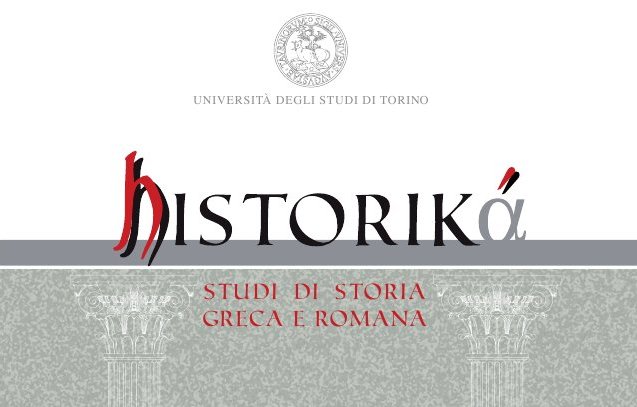Institutio priuata or τέχνη βασιλική
Private life as a form of imperial education, from political ideal to legitimizing tool (II-IV century)
DOI:
https://doi.org/10.13135/2039-4985/9305Abstract
The article analyses the literary motif of the experience of private life as a form of education for the princeps in relation to the reflection on the succession to the imperial throne. In the early imperial period, the development of the ideal of electing the best candidate to the imperial throne, as opposed to a dynastic type of succession, entailed a reflection on what qualities were necessary to be a good ruler and what experiences made it possible to acquire them. In the course of the fourth century, with the consolidation of the dynastic principle, the mode of succession is no longer questioned, but the emperor's education, whether institutio privata or τέχνη βασιλική, becomes a fundamental theme of praise for the sovereign, in the context of the βασιλικòς λόγος. Within this literary genre, the idea of the emperor's private education is stripped of its original political meaning in order to become one of the possible instruments of praise in the panegyrist's arsenal. In this new cultural context, institutio privata and τέχνη βασιλική can coexist without creating contradictions.
Downloads
Published
Issue
Section
License
The authors who publish in this magazine accept the following conditions:
a) The authors retain the rights to their work and assign the right of first publication of the work to the magazine, simultaneously licensed under a Creative Commons License - Attribution that allows others to share the work indicating intellectual authorship and the first publication in this magazine.
b) Authors may adhere to other non-exclusive license agreements for the distribution of the version of the published work (e.g. deposit it in an institutional archive or publish it in a monograph), provided that the first publication has taken place in this magazine.


 The journal has been approved for inclusion in DOAJ. The DOAJ listing of the journal is available at
The journal has been approved for inclusion in DOAJ. The DOAJ listing of the journal is available at 
